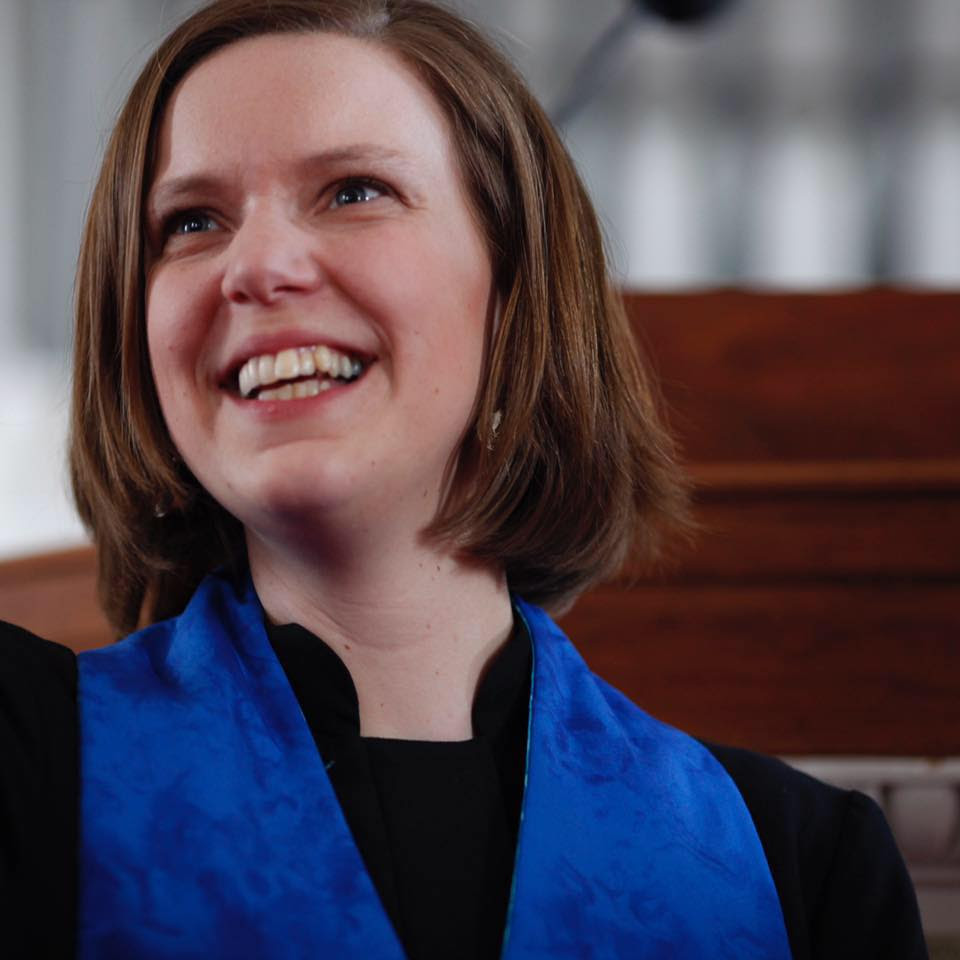The Courage to Let Go
The courage to let go of the door,
the handle.
The courage to shed the familiar walls whose very stains and leaks are
comfortable as the little moles
of the upper arm …
The courage to leave the place
whose language you learned
as early as your own,
whose customs however
dangerous or demeaning,
bind you like a halter
you have learned to pull inside,
to move your load…
The courage to walk out of
the pain that is known
into the pain that cannot be imagined,
mapless, walking into the wilderness, going
barefoot with a canteen into the desert…
Tonight we honor those people who changed,
those who chose the desert over bondage..,
We honor those who let go of everything
but freedom, who ran, who revolted, who fought,
who became other by saving themselves.
-Marge Piercy, “Maggid” (abridged)
.::. .::. .::.
- “Judaism is a religion obsessed with stories,” began Jo, “And Passover is the greatest story-telling holiday of them all. The Torah tells us that each year, we are to gather together in ceremony to retell the story of the Exodus. What’s amazing is that we
- are supposed to tell the Passover story as if we personally had gone forth from Egypt. We are supposed to tell the stories of our own liberation.”
During her reflection, Joanna Lubkin looked at the line in the Marge Piercy poem, “The courage to walk out of the pain that is known into the pain that cannot be imagined.” She reflected on those stories we get stuck inside, telling ourselves the same painful stories over and over again. Just like Marge Piercy wrote, no matter how “dangerous or demeaning,” our stories can “bind us like a halter we have learned to pull inside to move [our] load.”
Jo asked the big question: What will it mean for you to choose freedom?
.::. .::. .::.
Matt Meyer introduced the rabbinic legend of Nachshon. “A man named Nachson, a leader of his tribe, begins to wade on into the water. He steps in, expecting the waters to part, but they don’t. So we walks in up to his waste, expecting them to part, but they don’t. When the water is up to his neck, he expects it to part, and it does not. It is only when the sea is up to his nostrils, we are told that God opens up the path before him.”
He continued, “God wanted to free the Israelites, but first they had to do their part. Liberation didn’t come because they sat back in comfort and asked nicely. If you have ever worked to get our government, or any major institution or corporation, for that matter to change it’s way, the story of Nachson may feel familiar to you. He was in almost over his head, before the way started to clear.”
“Coming to look honestly at my place in this old empire of ours has felt at times like being in over my head.” Matt said. “How uncomfortable to realize that despite my best intentions, I am sometimes in the position of the Isrealites fleeing the Egyptians and that I am at the same time also the Egyptians. Most of the Egyptians weren’t bad people, you know, they were part of an unjust system, where exploitation of the most vulnerable, was just built into the their economy.”
Matt invited us to ask the question, “What would liberation have looked like for the Egyptians, too?”
.::. .::. .::.
Wishing you all a meaningful and liberating Passover, Easter, and beginning of spring. Let us choose freedom together.



